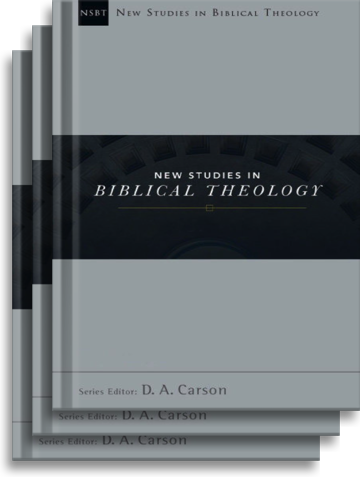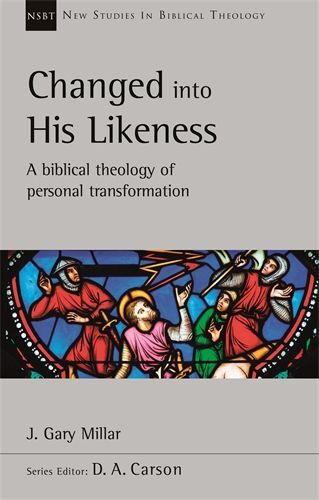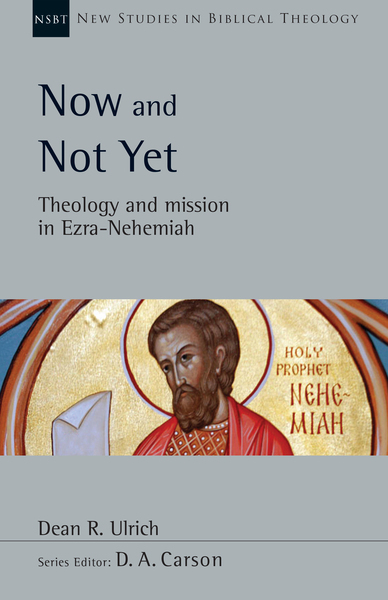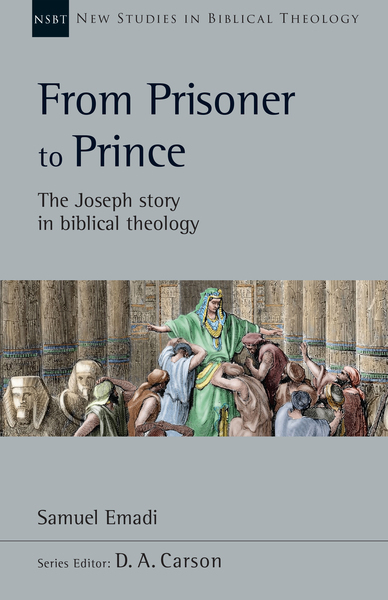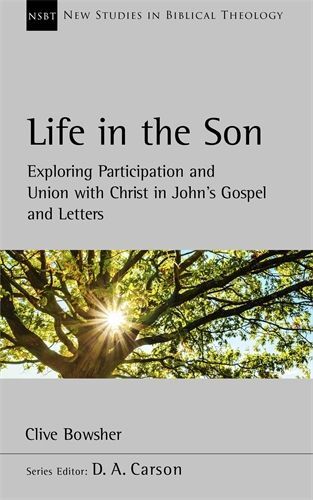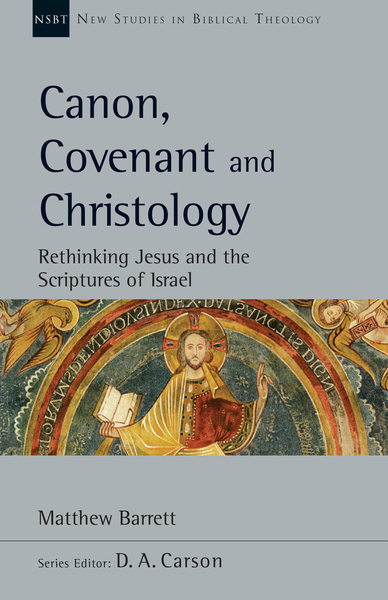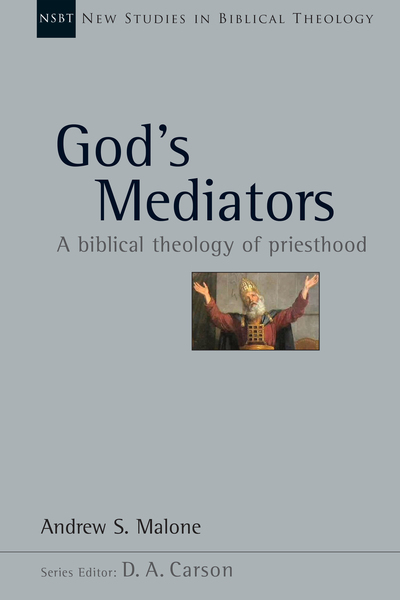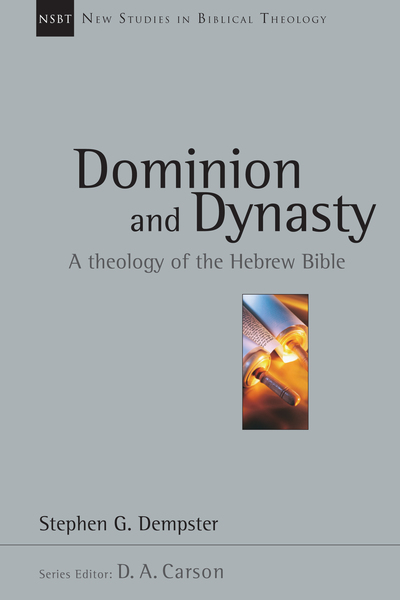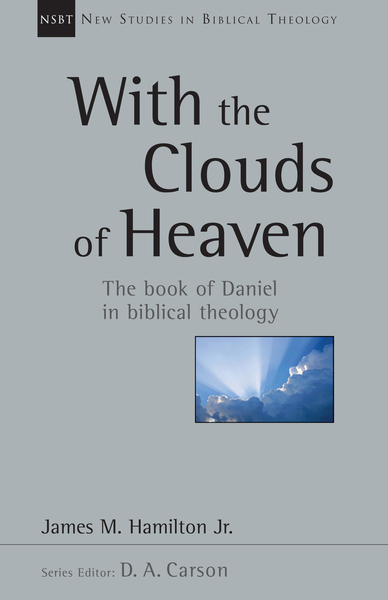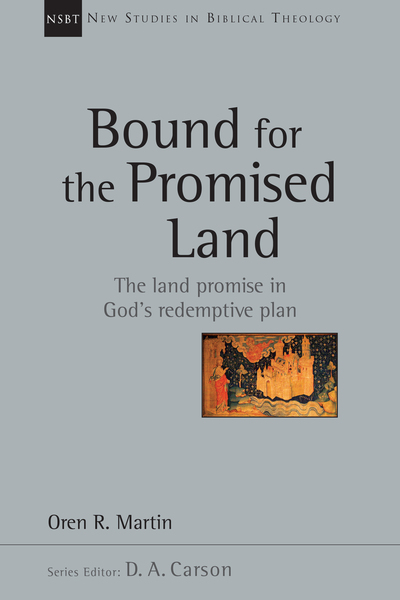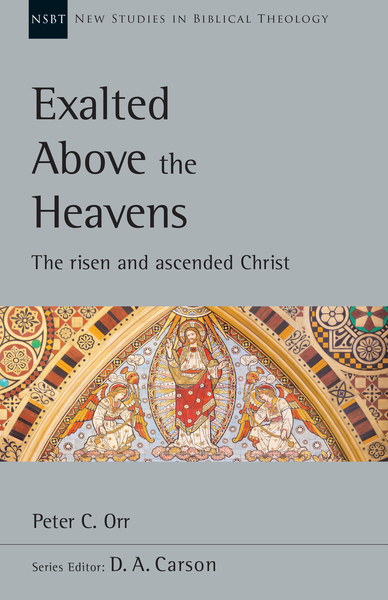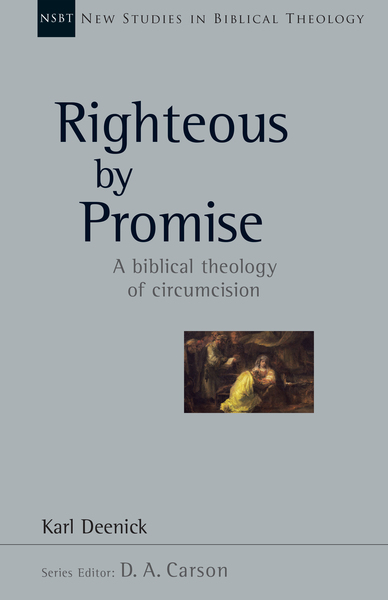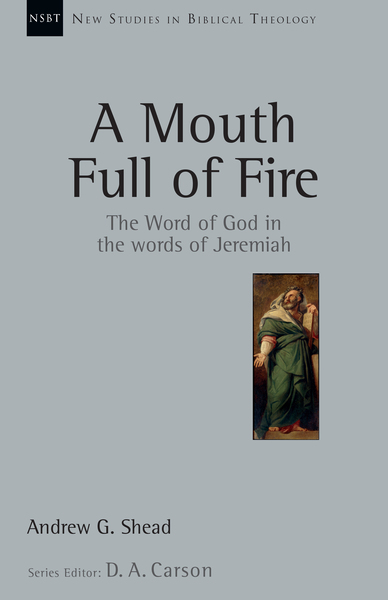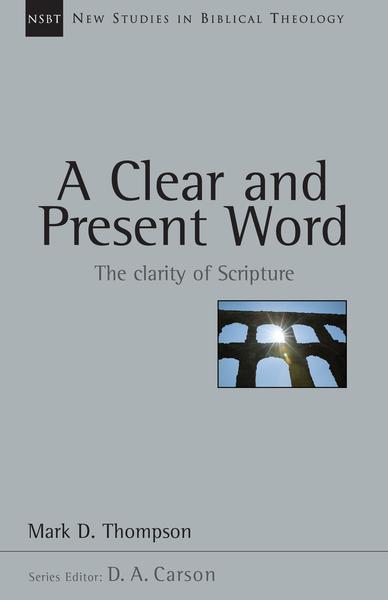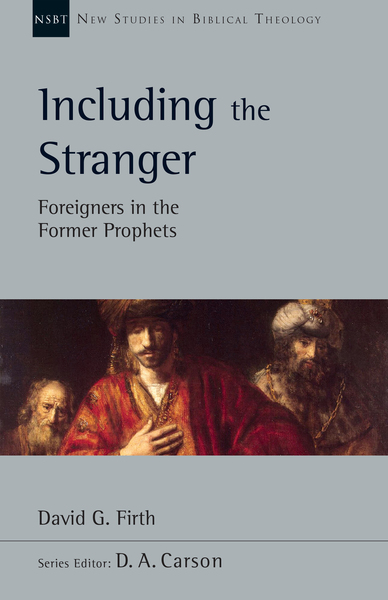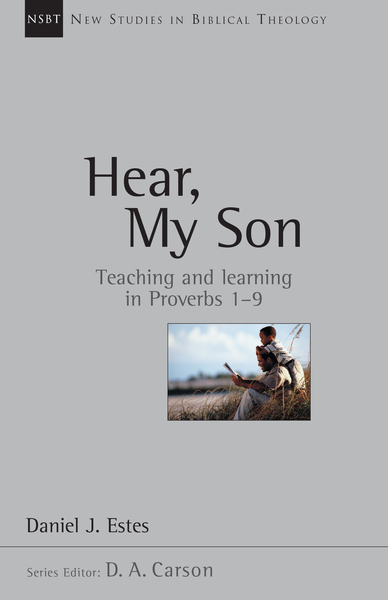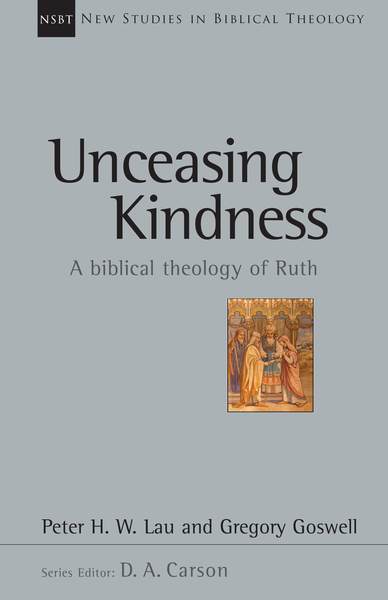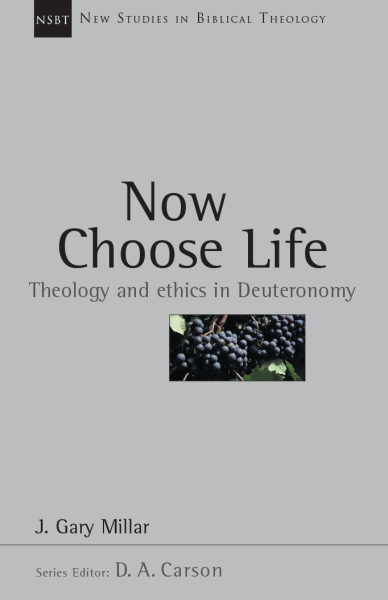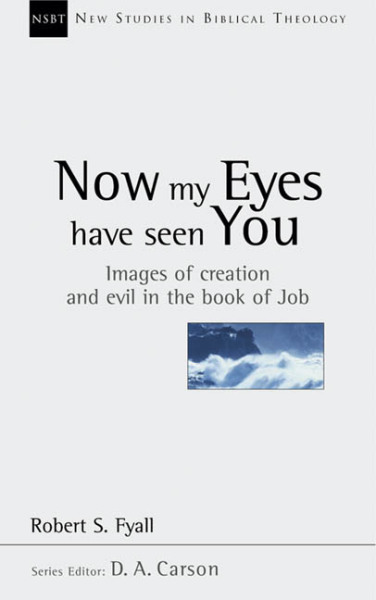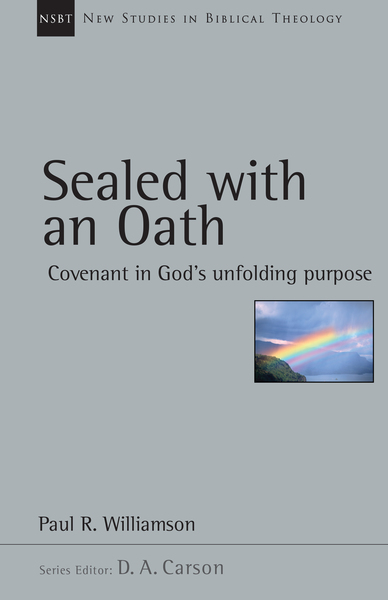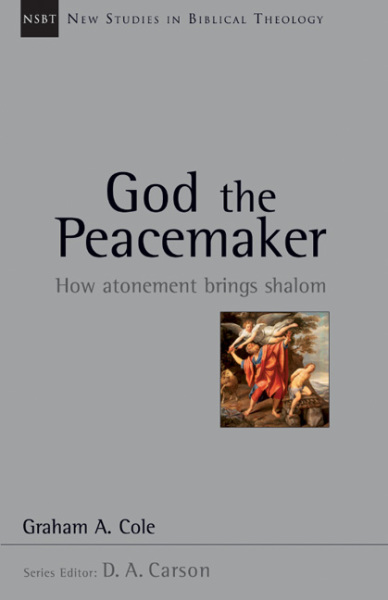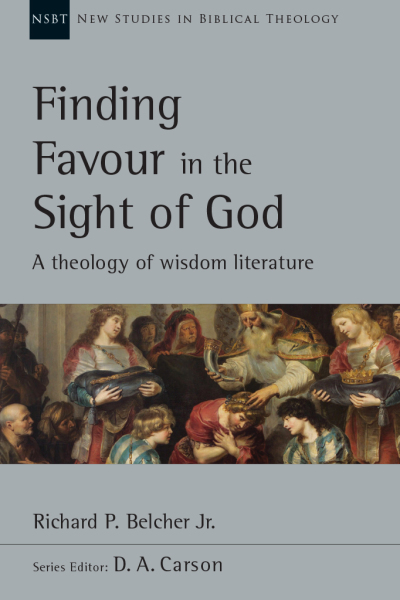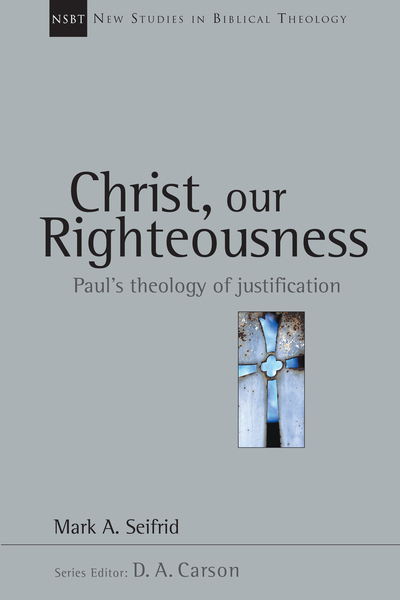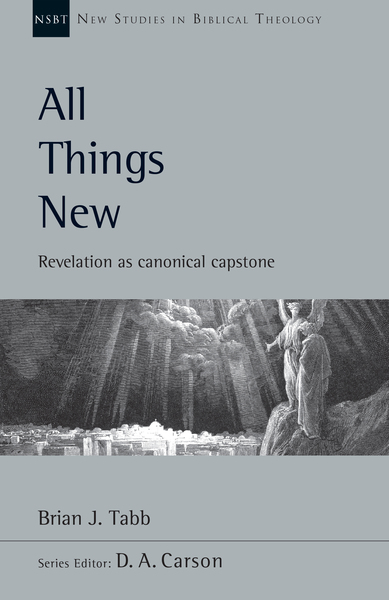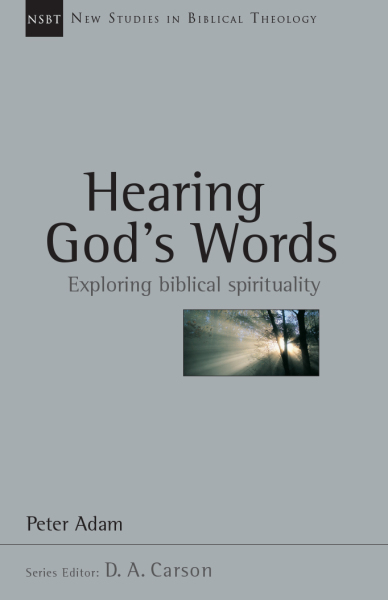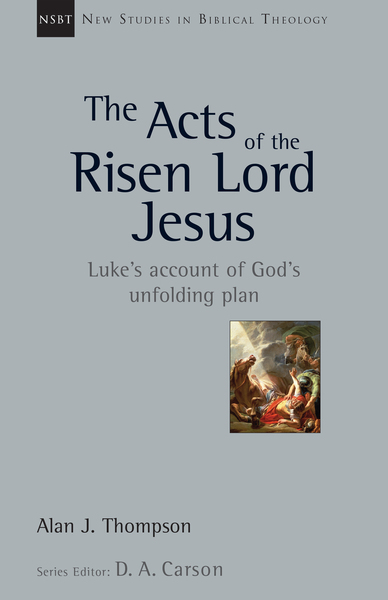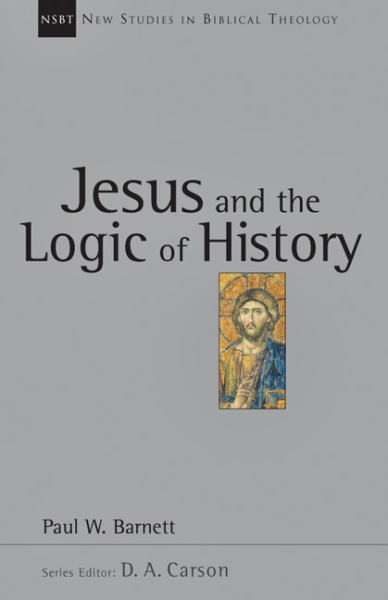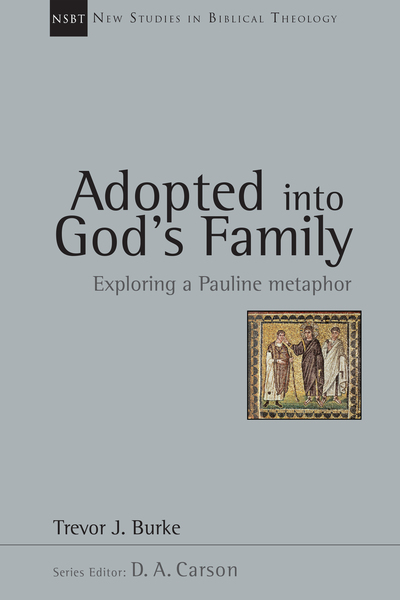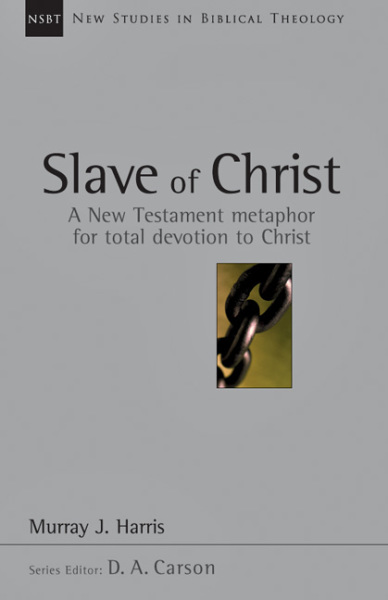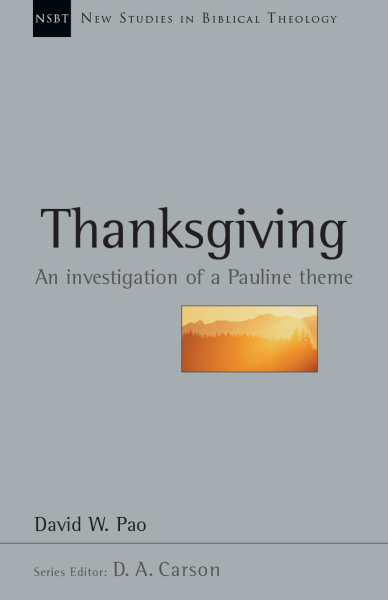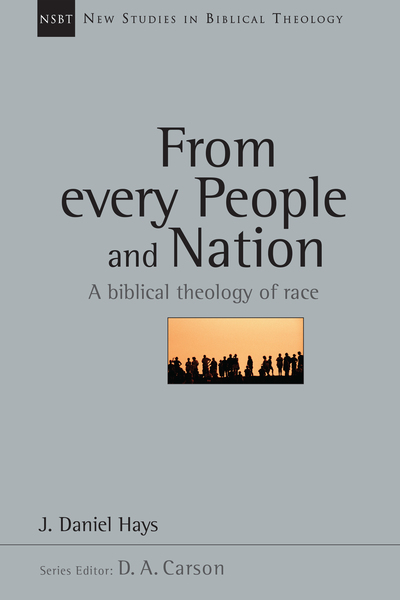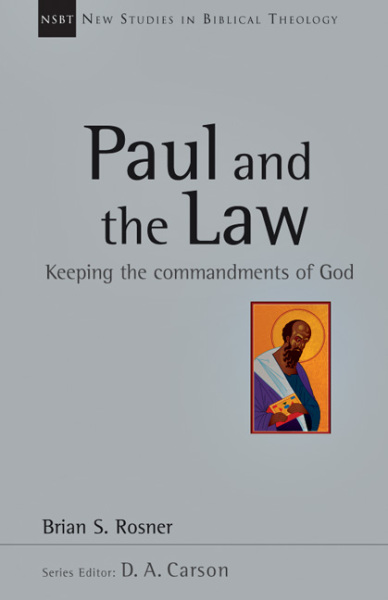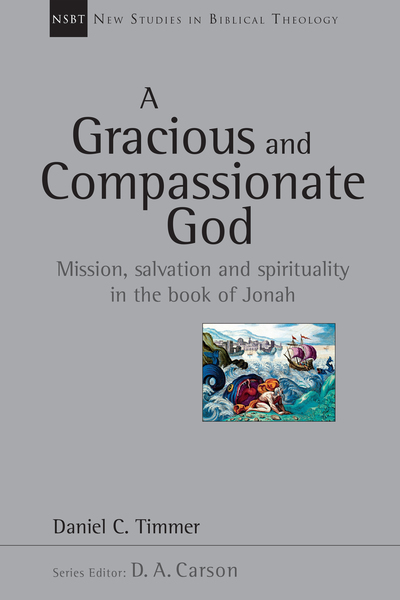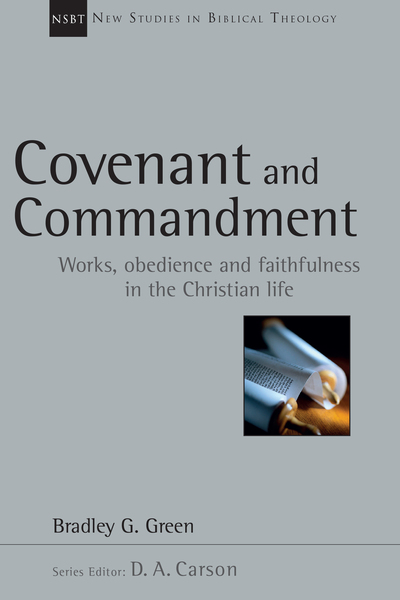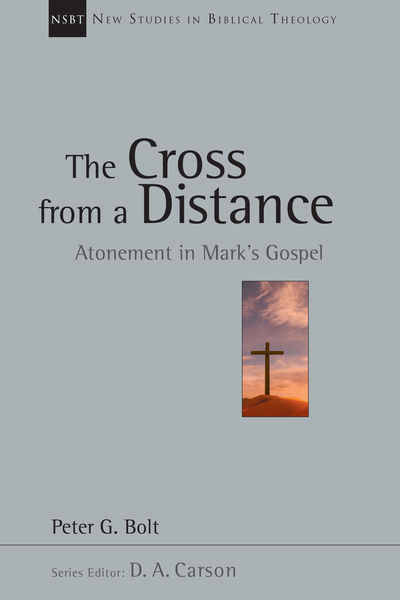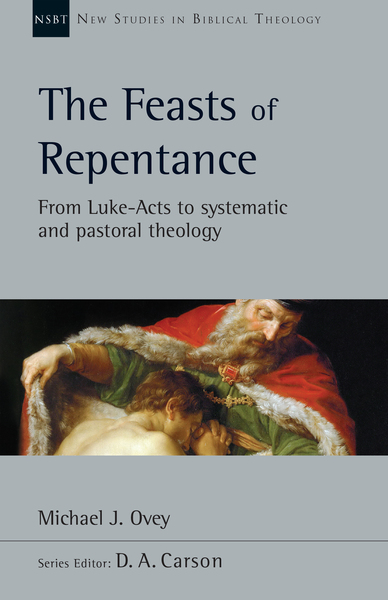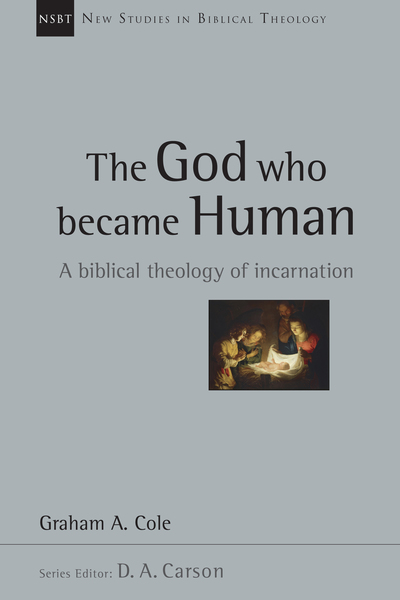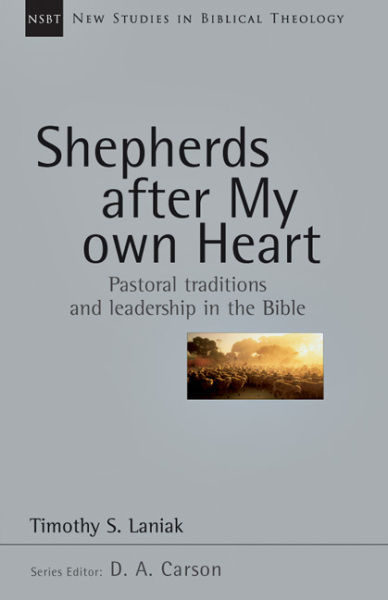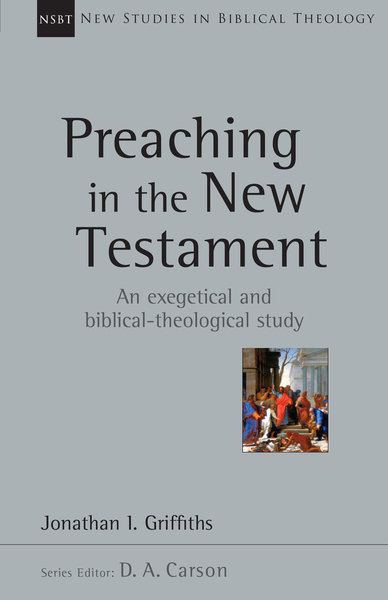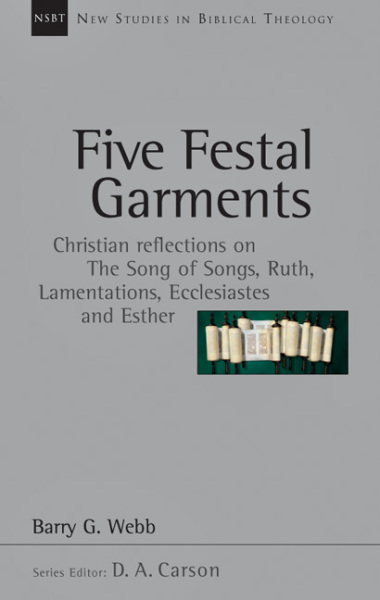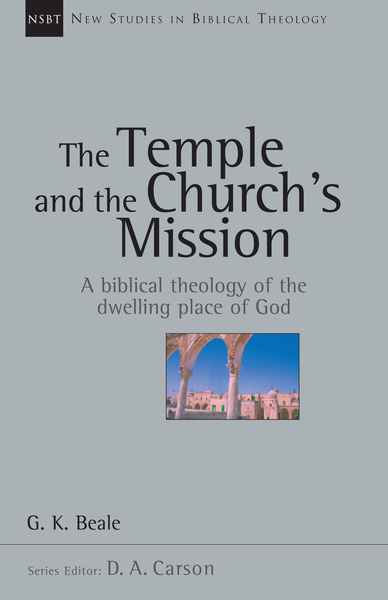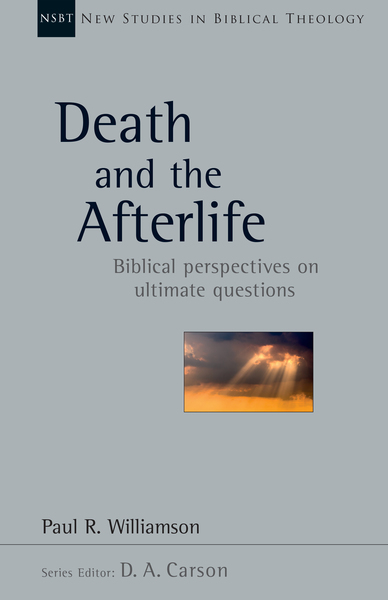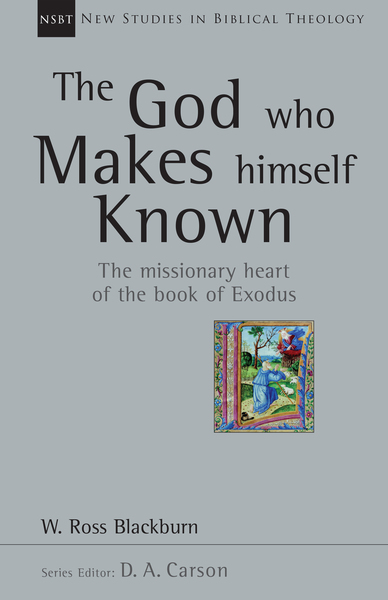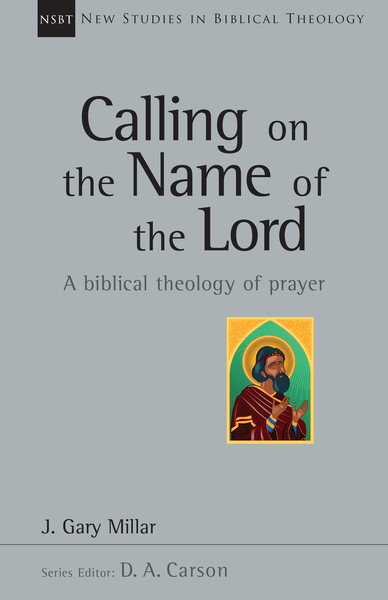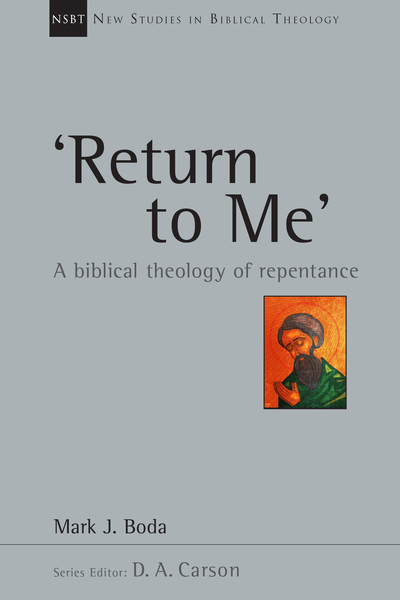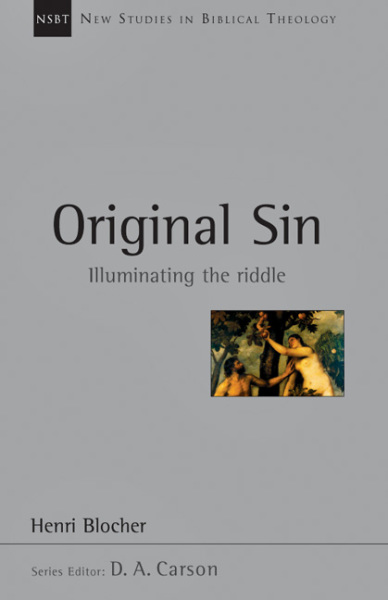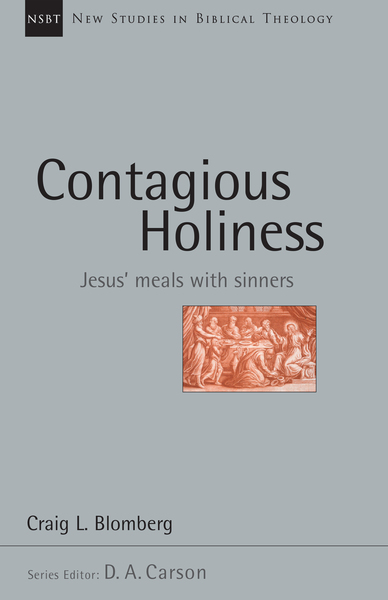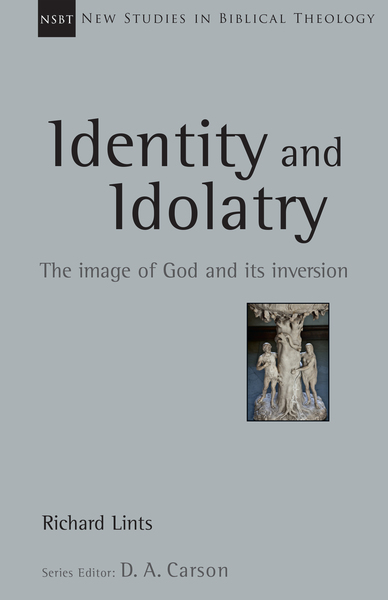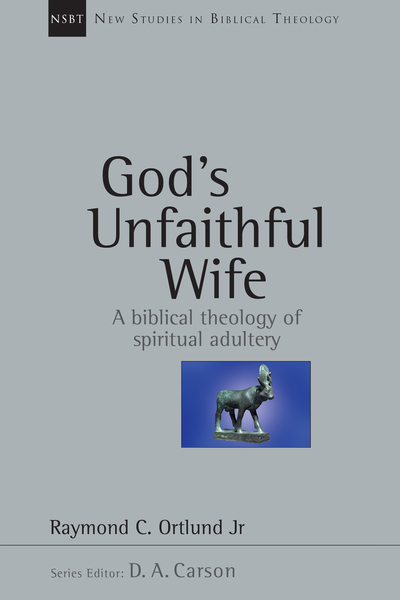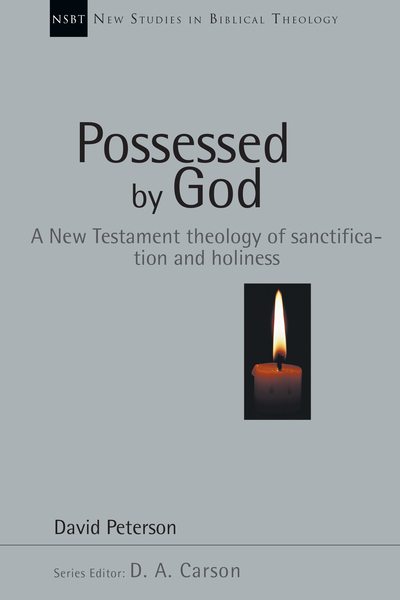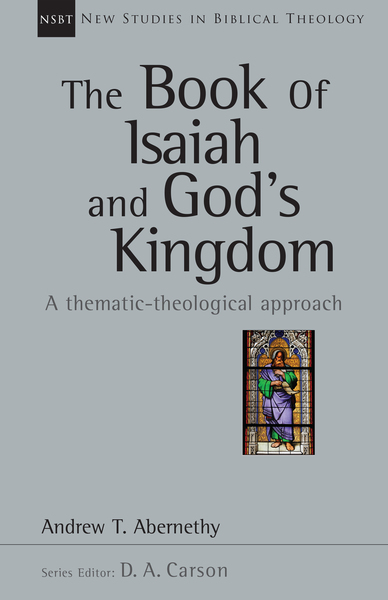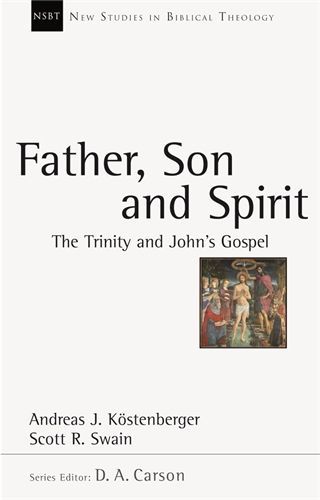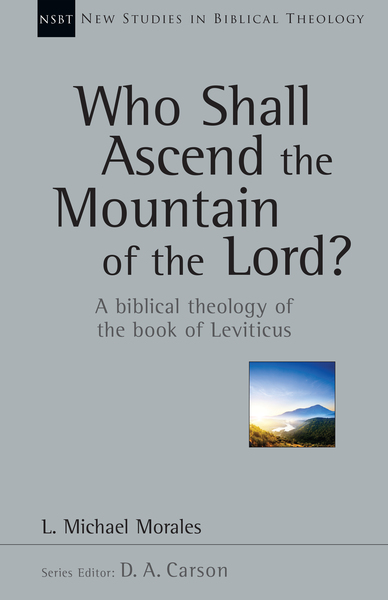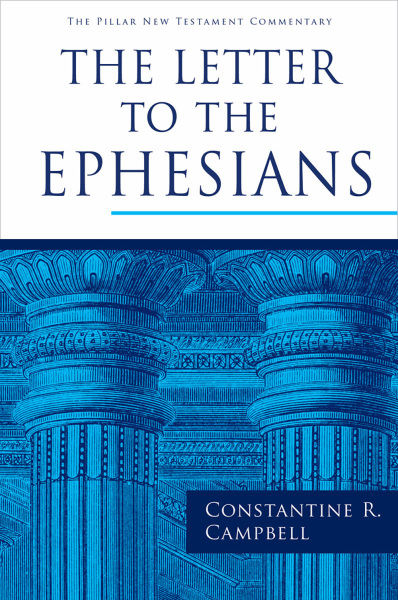

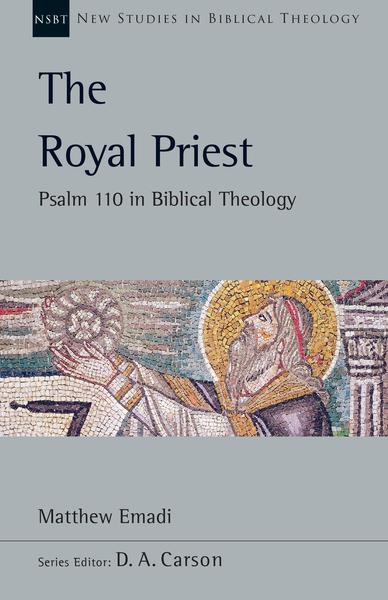

Relatively little has been written on Psalm 110 from a biblical-theological perspective. Most modern critical studies go behind the text, concluding that Psalm 110 is essentially a political attempt to unite the Jebusite cult with the Davidic monarchy. Evangelical interpreters take a more theological approach, but rarely develop a satisfying answer to the question of how David would have come to the realisation that the Messiah was to be a priest after the order of Melchizedek.
In this NSBT study, Matthew Emadi shows how David came to this conclusion through his reading of the Torah, consideration of the events in his own life, and reflection on the contents of the Davidic covenant. He also considers the impact of Psalm 110 on early Jewish literature and how the New Testament (Gospel of Mark and Hebrews) applies Psalm 110 to Christ.
By considering David’s biblical warrant for bringing together priesthood and kingship in a single figure, Emadi shows how we are able to uncover the biblical-theological foundation on which Psalm 110 is built. He situates Psalm 110 in Scripture’s storyline, showing that Melchizedek’s royal priesthood is tied to creation and redemption.
Insightful and accessible, The Royal Priest is a valuable new addition to the New Studies in Biblical Theology series. An ideal commentary for students studying Psalm 110, pastors preaching from Psalm 110, and anyone looking for commentaries on the Old Testament that dig deeper into its theology.
Addressing key issues in biblical theology, the works comprising New Studies in Biblical Theology are creative attempts to help Christians better understand their Bibles. The NSBT series is edited by D. A. Carson, aiming to simultaneously instruct and to edify, to interact with current scholarship and to point the way ahead.
Matthew Emadi is the senior pastor of Crossroads Church in Sandy, Utah. He holds a PhD in biblical studies from The Southern Baptist Theological Seminary and is the author of How Can I Serve My Church? in the 9Marks Church Questions series.
